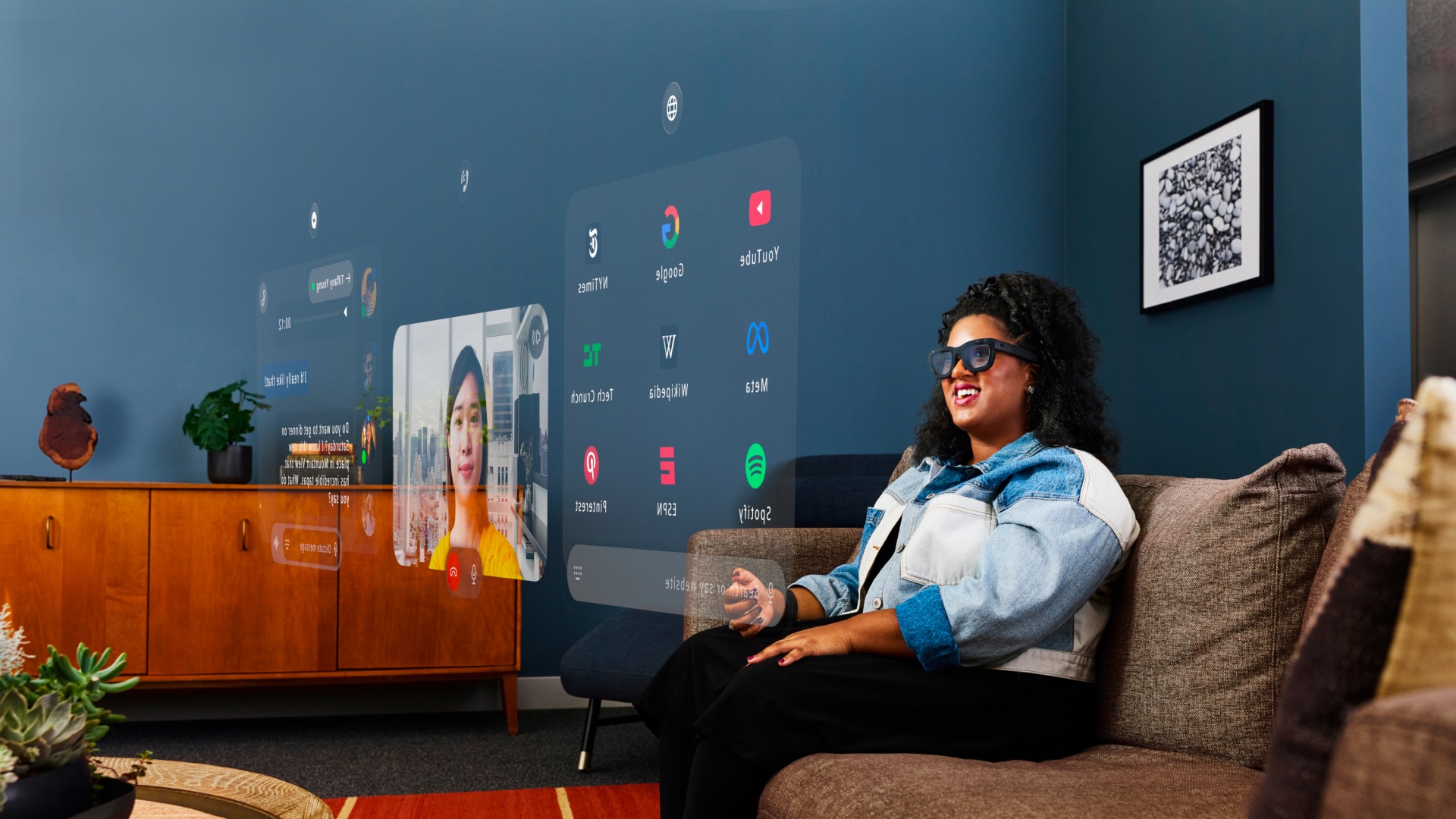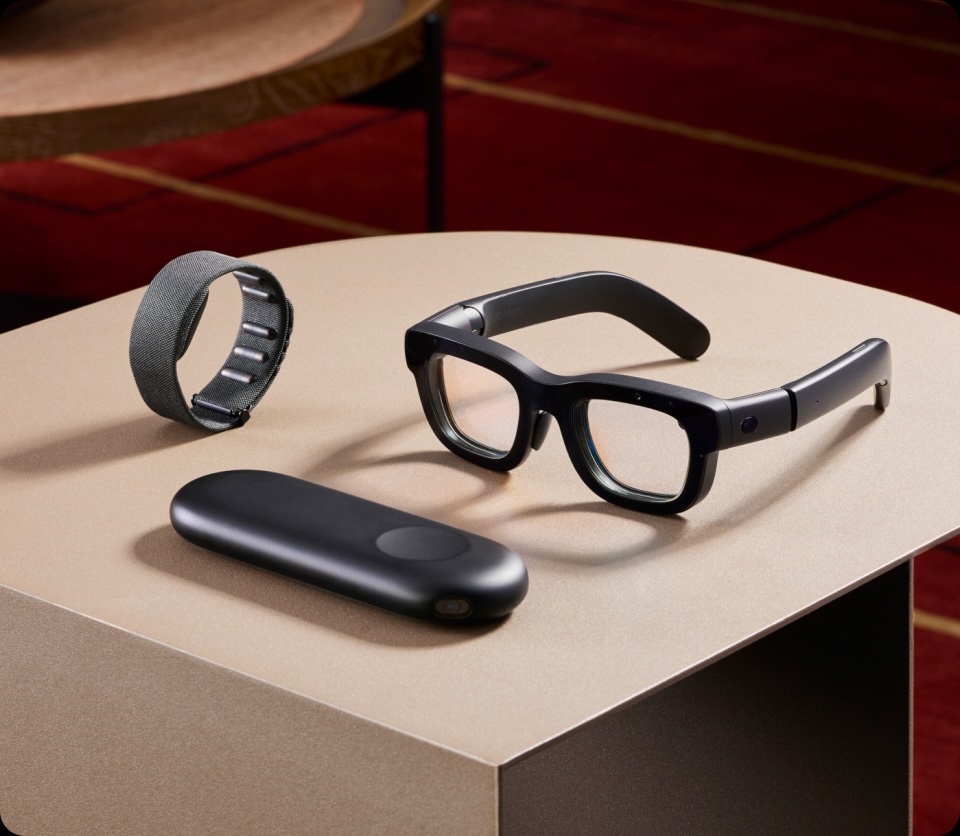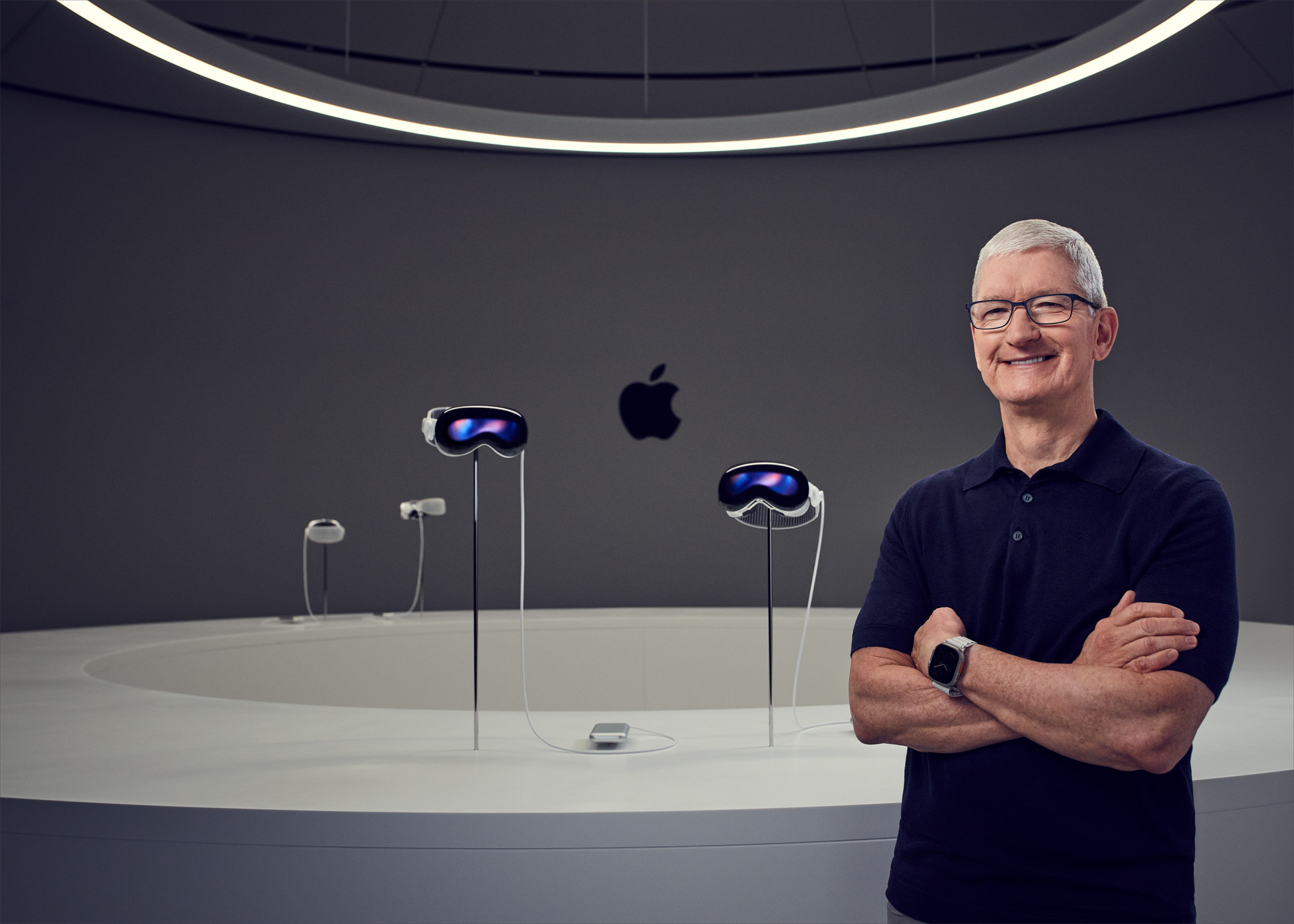"Orion isn’t just a window into the future — it’s a look at the very real possibilities within reach today...": Meta's Orion smart glasses promise a mixed-reality revolution
Are they a prototype? Yes. But if anyone is going to cram the Quest's capabilities into a mobile form factor, it's Meta

Meta had a lot of news out of its Meta Connect 2024 keynote, which kicked off the company's annual two-day developer event.
We got an unbeatably affordable Meta Quest 3S, which retails for $299; we got a major generative AI update to both the Quest and Ray-Ban smart glasses; and we got just a little bit closer to a more realistic metaverse — or any metaverse at all, to be honest.
But the most exciting product Meta highlighted wasn't even one you can buy — I'm talking about Orion.
Orion is Meta's smart glasses prototype and a blueprint for our mixed reality future. As Meta tells it, Orion would be the first-ever commercially available holographic glasses and could bring Quest-like functionality to frames that aren't much bigger than a regular pair of Ray-Bans.
Are we still a ways off from Orion actually becoming a reality? Yes, most definitely. Does that make the implications of hardware as compact and capable as Orion any less groundbreaking? Not a chance.
A "star" is born

If you were pining for a glimmer of the rumored Orion glasses, congratulations — you got what you wanted and more.
Meta offered a relatively close look at Orion, giving us a sense of the size (bigger than glasses but not by much) and functionality of its prototype holographic glasses. Meta envisions Orion doing a lot — video calling, taking pictures, navigation, multitasking on a projected interface, and basically any mixed reality experience you could achieve on a Quest or Vision Pro.
Stay in the know with Laptop Mag
Get our in-depth reviews, helpful tips, great deals, and the biggest news stories delivered to your inbox.
For context, we've known that a form factor like Orion is the ultimate goal all along, but basically, no one (other than maybe Snap with its Spectalce glasses) has even feigned being able to bring holographic smart glasses to fruition.
Meta, however, is adamant that its Orion glasses aren't just a dream; they're an emergent product that it intends to bring to market in the not-so-distant future.
"In the next few years, you can expect to see new devices from us that build on our R&D efforts," Meta said in a statement following the event.
"Orion isn’t just a window into the future — it’s a look at the very real possibilities within reach today..."
Whether you believe Meta can actually grasp the Holy Grail of lightweight holographic glasses is one thing, but — to me at least — one thing is clear: you're going to have to start taking its efforts to create a mixed reality revolution seriously.
Why Meta's Orion glasses matter
Sure, mixed reality isn't exactly new — the Quest 3, the Vision Pro, and other headsets from Pico and Vive all offer AR experiences.
But none of those devices are meant to be mobile in any sense. If you want real, full-featured, mixed reality, you need to be at home or somewhere contained. And no, people going on walks with their Vision Pros don't count.
The mobility and functionality of the Orion glasses promise not just another device, but an entirely different way of computing. Instead of whipping out your phone to get directions, just shout at the covert computer already resting on your face.
Or, to take it one step further, just think of what you want, and Meta's equally futuristic neural wristband will command your glasses to start doing the computing for you.
It's hard to overstate how significant a change that form of computing would be. Lots of companies nowadays talk about the next stage of computing — Humane with its AI Pin or Amazon with its emphasis on "ambient computing" — but very few have actually offered real, groundbreaking ways of bringing that next stage about.

There's still a lot of work to be done before we're walking around asking AI to augment GPS navigation onto our eyeballs, but Orion is the most fleshed-out version of ambient computing we've seen thus far. And on top of that, this level of seamless, ambient computing might actually be the thing to take us past smartphones and into a world where not everything revolves around glass slabs.
Don't get me wrong; I have my doubts. For one, I don't think Meta (or anyone, for that matter) is anywhere close to cramming that much compute power into glasses that will fit comfortably or subtly on one's face. There will likely, in the interim, be some need to offload compute to a separate, maybe waist-worn device.
Additionally, while generative AI and large language models (LLMs) have rapidly improved, they still need to be refined before people can be truly pleased with all of the contextual, vision-based, computing that Meta is promising.
There are — to understate — a few pieces that need to come together before Orion is anything but a prototype, but if Apple's entry into the mixed reality fray is any indication, the will to crack the code is clearly there, and Orion is at the tip of the spear.
Cloudy with a chance of R&D
It's going to take a lot to get Orion out into the real world, but Meta is already making some confident claims.
For one, Meta claims "Orion has the largest field of view in the smallest AR glasses form to date." On top that, it's claiming that Orion is "a feat of miniaturization" and that the components are "packed down to a fraction of a millimeter."
It's impossible to know if those claims are accurate without using Orion ourselves, but Meta hasn't shown this level of confidence without having something real to show off. If their claims are true, it means that Orion is smaller and more powerful than any other smart glasses we've seen.
Orion is just a prototype, so most people will never get a chance to use them, but if Meta can summon the resources, the mixed reality future could be on the horizon. That's a big "if," obviously. Meta has already poured billions of dollars into the Quest headsets and it's going to continue that clip of investment before Orion is a real, sellable product.
But as I wrote previously, Meta — and Zuckerberg in particular — have lots of skin in the game, and if anyone is going to make it work, it could be them. It's a big gamble, to be sure, but the most exciting ideas often are.
MORE FROM LAPTOP MAG
- Is Apple's affordable Vision Pro enough to take on Meta's Quest 3S?
- Meta Quest 3 vs. Meta Quest 3S: A VR headset head-to-head
- Amazon October Prime Day Nintendo Switch deals 2024: Best early sales now

James is Senior News Editor for Laptop Mag. He previously covered technology at Inverse and Input. He's written about everything from AI, to phones, and electric mobility and likes to make unlistenable rock music with GarageBand in his downtime. Outside of work, you can find him roving New York City on a never-ending quest to find the cheapest dive bar.
